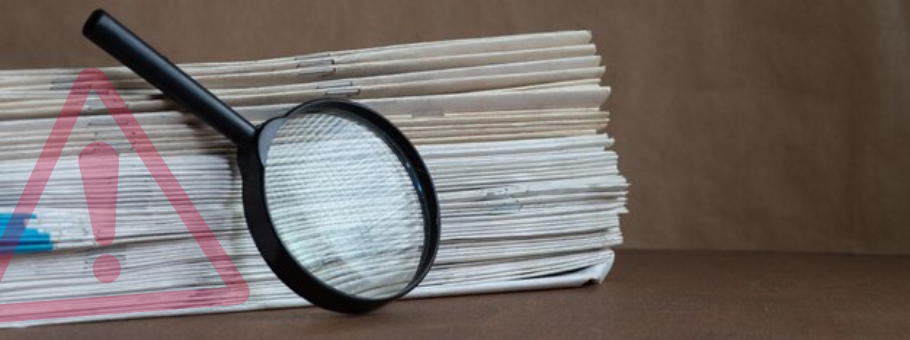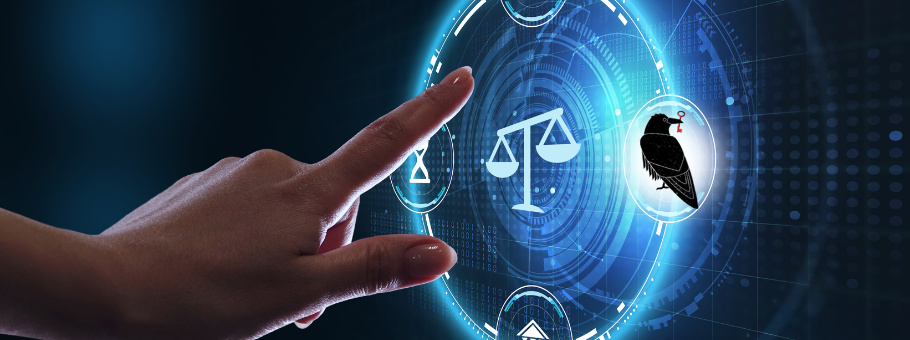Scientific Misconduct: Why Do Researchers Cheat?

How Do Scientists Cheat?
Academic fraud can be broken down into three categories:
- Plagiarism – the use of a colleague’s work without clear attribution and citation.
- Falsification of Data – also known as fudging or massaging the data in order to achieve a required outcome that differs from the actual results.
- Fabrication – when the experiments, the data, or the entire research study (known as “drylabbing”) are made up.
This list is by no means comprehensive. There are indeed other questionable practices such as changing the study design or methodology at the request of the funding source. However, the above certainly helps to delineate between human error and deliberate scientific misconduct.
When Does Human Error Become Deliberate Misconduct?
Critics berate journal editors for slow response times and partisan support for authors when a piece of published work comes under suspicion for scientific misconduct. But the fact remains that their job is difficult. It’s perhaps easier to ascertain why researchers cheat than actually distinguish human error from deliberate fraud. Finding the errors is the easy part – it’s the verification of intent that’s the challenge. Is the study just an example of sloppy science (which brings the implied lack of oversight into question), or was there a deliberate intent to defraud for an ulterior motive such as career advancement? If there is evidence that it was deliberate, did the scientist work alone or is there evidence of collusion?
Is it “Publish Or Perish” — Why Researchers Cheat?
The caricature of absent-minded professors toiling away in their solitary labs in their stained white lab coats has long been abandoned. Research is now a multi-billion dollar business with teams of dozens of researchers and individual pieces of equipment with price tags of $1 million or more.
‘What have you done for me lately’ is the prevailing culture, and if you haven’t published any papers in a while, start clearing your desk. This may seem overly dramatic, but to a large extent, it’s true. The pressure to publish or perish may not be the reason why researchers cheat, but it’s real. Many exposed fraudsters reach out to this pressure alone as a justification for their actions.
Overworked, under-funded, under-published and marked for dismissal from their respective institutions, these researchers are stressed enough to abandon their personal value systems. They tweak the data “just this once” with the naïve expectation that they’ll be able to fix it later and get everything back on track. But again, the question as to why researchers cheat, still persists!
Always Been Held to a Higher Standard!
Cheating is by no means unique to science, but we expect better of our research professionals, irrespective of their field. Irrespective of the reasons why researchers cheat, we take their lengthy road to qualification and even lengthier road to tenure as evidence of a commitment to a higher goal of bringing greater understanding of the world in which we live. That attribution of a higher goal infers an expectation of a higher standard of conduct.
Given the amount of media attention that cases of scientific misconduct are likely to draw now, it is easy to lose our sense of scale and forget that academic fraud continues to be a rare occurrence.
While members of the general public might be shocked to find that highly qualified research professionals would resort to falsifying their results, there must have been obvious reasons why researchers cheat – whether good or bad. The fact of our times is that it’s a cutthroat world with careers built on reputations based on article citations and research dollars won.
The pressure to publish or perish may be dismissed as a convenient rationalization, but article citations continue to be the key metric, and with little to no formal oversight beyond perfunctory peer review, opportunities abound for those who are so tempted.










